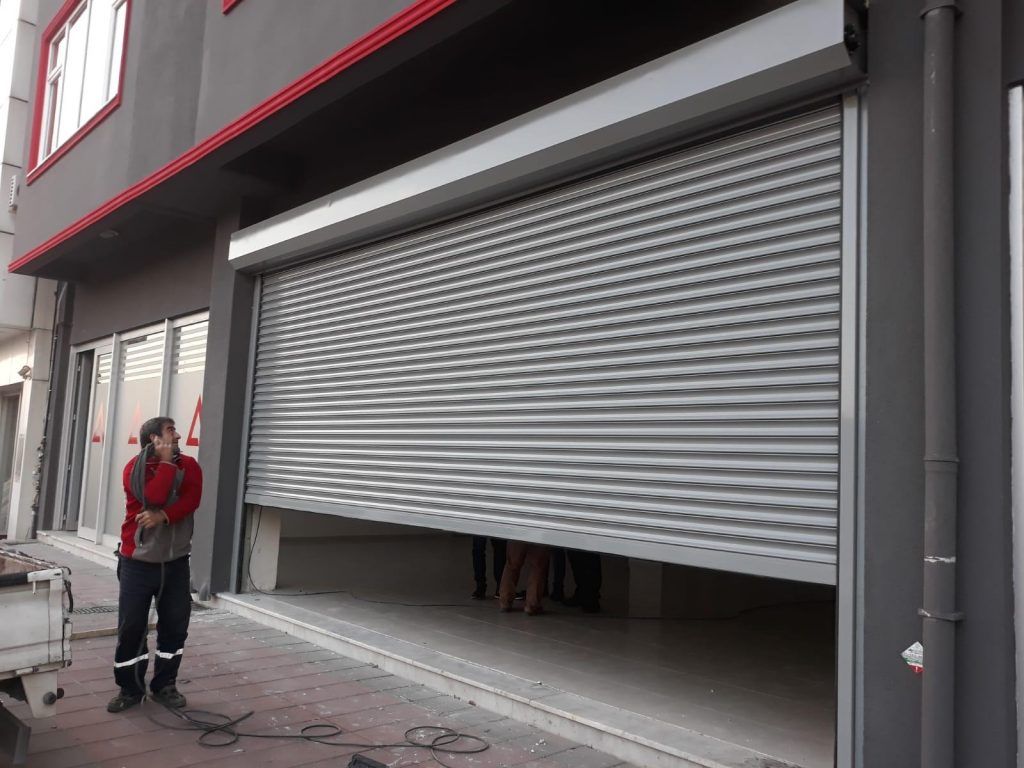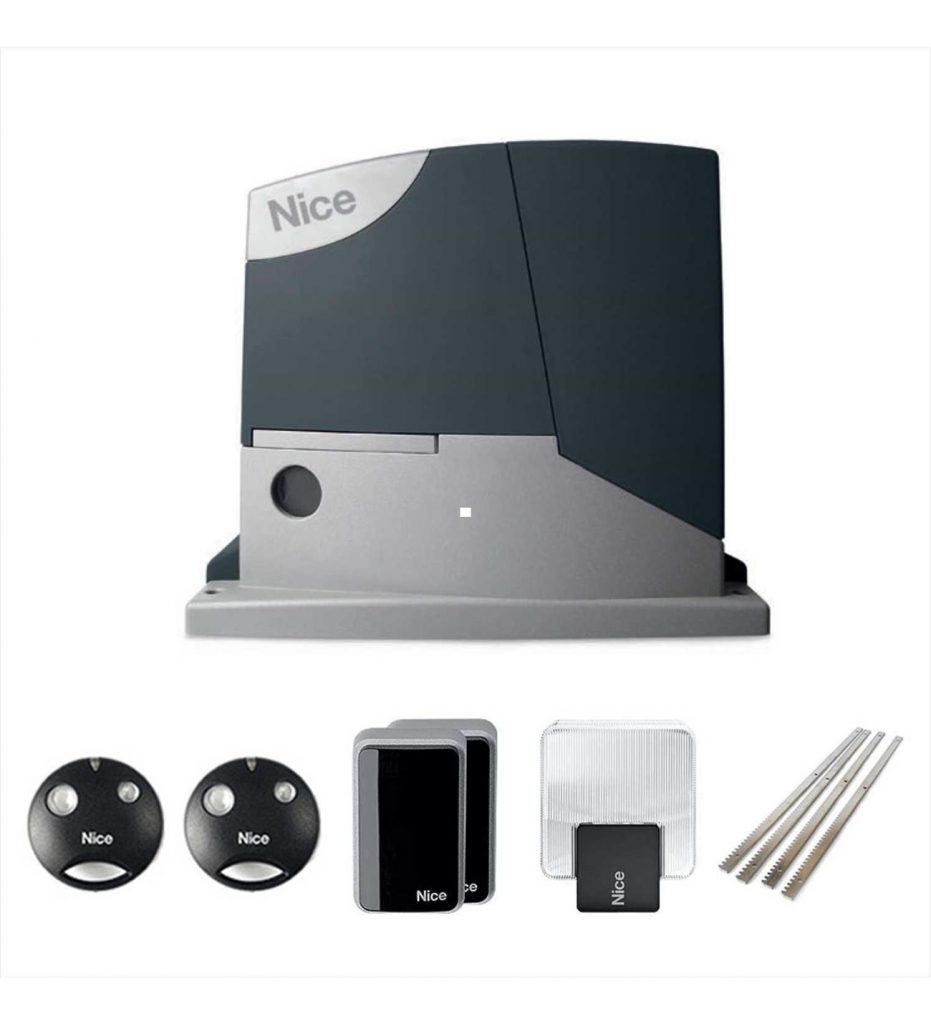
The Future of Automatic Sliding Doors: Transforming Access and Efficiency
Estimated Reading Time: 5 minutes
- Stay updated on technological advances.
- Prioritize security features in automatic sliding doors.
- Invest in energy-efficient door systems.
- Explore customization options for enhanced branding.
- Promote employee safety and awareness regarding door features.
Table of Contents
- Understanding Automatic Sliding Doors
- Trends and Technological Advancements
- Practical Takeaways for Businesses
- Conclusion
- FAQ
Understanding Automatic Sliding Doors
Automatic sliding doors have become a staple in modern architecture, providing seamless access to buildings while enhancing aesthetic appeal. These doors operate through sophisticated sensors and mechanisms that allow them to open automatically as individuals approach, minimizing physical contact and streamlining traffic flow.
As businesses increasingly focus on automation and efficiency, the integration of automatic sliding doors with advanced technologies presents a lucrative opportunity for operational enhancement. Here, we delve into the trends shaping the future of these innovative door systems.
Trends and Technological Advancements
1. Integration of IoT and Smart Technology
The Internet of Things (IoT) has dramatically changed the landscape of various industries, and the automatic sliding door market is no exception. With the integration of IoT technology, these doors can now collect data regarding usage patterns and operational efficiency. Businesses can monitor performance metrics in real-time, leading to timely maintenance, reduced downtime, and enhanced safety.
Furthermore, smart technology allows automatic sliding doors to interact with other systems within a building, such as security systems and climate control. This interconnectedness not only improves user experience but also fosters efficient building management.
2. Enhanced Security Features
As security threats evolve, the need for robust safety measures is paramount. Future automatic sliding doors will see enhanced security features such as facial recognition technology and biometric access controls. These features allow businesses to control entry to sensitive areas while offering a seamless experience for authorized personnel.
Additionally, advancements in technology mean that automatic sliding doors can communicate with security systems, alerting personnel if unauthorized access is attempted. This integration ensures that businesses can maintain high levels of security while still prioritizing convenience.
3. Energy Efficiency and Sustainability
Sustainability is an integral part of modern business practices. Automatic sliding doors contribute to energy efficiency by minimizing air leakage and maintaining indoor temperature. Future designs may incorporate energy-efficient materials, automated adjustments based on weather conditions, and even solar-powered systems.
By investing in these door systems, businesses not only reduce their energy consumption but also align with consumer demand for sustainable practices. This commitment to sustainability can enhance brand reputation and attract environmentally conscious customers.
4. Customization and Design Flexibility
As customer preferences continue to evolve, so does the demand for customization in architectural design. Automatic sliding doors can now be tailored to fit a company’s branding, aesthetic, and functional needs. Future innovations may include various materials, colors, and sizes that seamlessly integrate with modern architectural designs.
Customization can play a significant role in enhancing customer journey and creating memorable first impressions. By offering businesses the opportunity to tailor their entryways, manufacturers can help enhance the overall ambiance and functionality of commercial spaces.
5. AI and Automation
Artificial Intelligence (AI) is likely to play a pivotal role in the evolution of automatic sliding doors. From predictive maintenance to user behavior analysis, AI can optimize the performance of these systems, ensuring they function at their best.
With AI-driven algorithms, businesses can look forward to smarter entrances that adapt to usage patterns throughout the day. This proactive approach can lead to decreased operational costs while improving customer satisfaction through a reliable and efficient access system.
Practical Takeaways for Businesses
The advancements in automatic sliding doors hold several implications for businesses looking to optimize their operational efficiency and improve customer experience. Here are a few actionable insights for HR professionals and business leaders:
- Stay Updated on Technological Advances: Regularly evaluate new technologies that can enhance operational efficiency. Explore ways to integrate IoT and AI into your facilities to ensure you remain competitive.
- Prioritize Security: Consider the security features available in modern automatic sliding doors. Implementing biometric access controls can enhance security without sacrificing convenience for authorized users.
- Invest in Energy Efficiency: Balancing operational costs and sustainability is crucial. Opt for automatic sliding doors that promote energy efficiency, helping to reduce your carbon footprint while cutting down on ongoing costs.
- Customization Matters: Ensure your entryways align with your brand identity. Look for customization options that enhance the aesthetic appeal of your premises and create an inviting atmosphere for clients and employees alike.
- Promote Employee Safety: Train staff on the operation and maintenance of these systems. Encouraging awareness about the features and capabilities of the sliding doors can enhance safety and security measures in the workplace.
Conclusion
The future of automatic sliding doors is bright, driven by technological innovation and the increasing demand for improved operational efficiency. As businesses embrace these changes, they can expect to see enhanced customer experiences, increased security, and significant cost reductions.
If you’re considering upgrading your access systems or exploring the advantages of automatic sliding doors, this is the perfect time to act. At DELEGG, we specialize in consulting services that enhance workflow optimization through modern technologies. Contact us today to learn more about how we can help you revolutionize your business processes and make informed decisions on integrating state-of-the-art access solutions.
Call to Action:
Discover how DELEGG’s expertise can streamline your business operations and set you on the path to efficient efficiency with our virtual assistant and operational optimization services. Visit our website or reach out to our team for a consultation today!
FAQ
What are automatic sliding doors?
Automatic sliding doors are sensor-operated doors that open automatically as individuals approach, enhancing accessibility and convenience.
How can I improve security with automatic sliding doors?
Future automatic sliding doors may include features like facial recognition and biometric access controls to improve security without compromising convenience.
Are automatic sliding doors energy-efficient?
Yes, automatic sliding doors help reduce energy consumption by minimizing air leakage and can be designed with energy-efficient materials and systems.
Can automatic sliding doors be customized?
Absolutely! Many manufacturers offer customization options to align with a business’s branding and functional needs.
How will AI impact automatic sliding doors?
AI is expected to optimize automatic sliding doors’ performance through predictive maintenance and user behavior analysis, improving efficiency and reliability.






